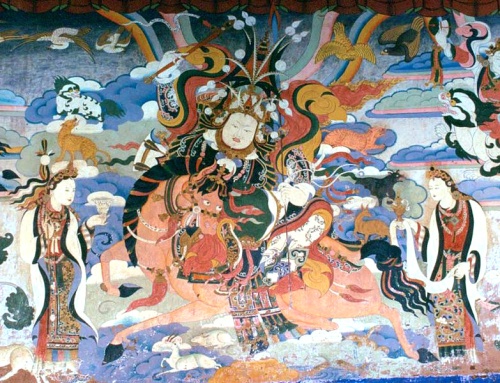Samuel Johnson lived in London during a struggle between English and foreign composers—epitomized by the rivalry between Händel and Thomas Arne—and witnessed its climax, which was to have a devastating impact on English musical morale through the 19th century.
During Johnson’s first decade in London this rivalry was characterized by Händel concentrating on his own affairs and ignoring Arne, while Arne was highly conscious and jealous of Händel. Their fortunes fluctuated, the one prevailing in public taste and then the other, but the spectacular performance of Händel’s 1749 Music for the royal fireworks, HWV 351, and the triumphant revival of his Messiah the next year finally established him as London’s pre-eminent composer. When he retired from the music scene in 1759 neither Arne nor any other English composer managed to achieve comparable public acclaim.
The 1784 commemoration of Händel at Westminster Abbey featured some 275 singers and an orchestra of about 250. Johnson chose to go to Oxford that week, but Boswell, having accompanied Johnson there, returned to London after three days to attend the event. Although Johnson died that year, he had lived to see the victory of a composer whose work would prove as enduring as his own.
This according to “Music in Johnson’s London” by Bruce Simonds, an essay included in The age of Johnson: Essays presented to Chauncey Brewster Tinker (New Haven: Yale University Press, 1949, pp. 411–420).
Below, Händel’s 1749 work with appropriate visuals.
Related article: Operatic degeneracy












